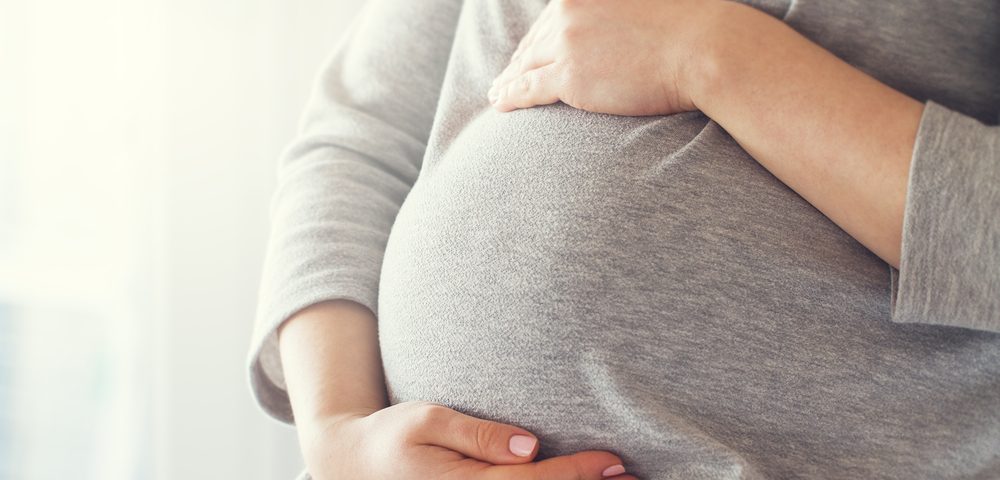Asian mothers with juvenile idiopathic arthritis (JIA) are not at greater risk of pregnancy- or birth-related complications than mothers without the disorder, a study found.
The study, “Pregnancy outcomes and perinatal complications of Asian mothers with juvenile idiopathic arthritis – a case-control registry study,” was published in the journal Pediatric Rheumatology.
A substantial number of people with JIA experience inflammation into adulthood. Both inflammation and treatments used to control the disease have been associated with detrimental effects on pregnancy.
However, few studies have investigated whether women with JIA are actually at increased risk of pregnancy complications. Moreover, the limited research that exists has focused exclusively on white populations, and potential neonatal complications have rarely been addressed.
The researchers analyzed data from the Taiwan National Health Insurance (NHI) database, which contains medical information for over 99% of Taiwan’s population, and the country’s National Birth Registry.
The team identified some 2.1 million babies born to about 1.5 million mothers between 2004 and 2014. Of these, 778 babies were born to 549 mothers with JIA. The mothers’ average age at delivery was 24.4 years.
To avoid potential confounding factors, the scientists selected only first-born children, matching them with 2,745 first babies born to mothers without JIA.
The researchers constructed statistical models that took into account factors including infants’ gender, maternal income, nationality, and complications.
Results showed that babies born to mothers with JIA were 35% more likely to be low in birth weight, defined by the World Health Organization as weighing less than 2,500 grams (5.5 pounds), than those in the control group. However, average birth weight did not differ significantly between the two groups.
No differences were found in stillbirth, prematurity, being small or large for gestational age, Apgar score (which checks a baby’s heart rate, muscle tone, and other signs), fetal distress, or fetal abnormalities.
Maternal complications such as preeclampsia — high blood pressure and signs of damage to an organ system, usually the liver or kidneys — gestational diabetes, and postpartum hemorrhage were also similar between the two groups. Cesarean section rates were also similar.
“[A]dverse obstetrical and neonatal outcomes were limited among pregnancies of JIA mothers with Asian origin,” the researchers said. “Intensive care may not be necessary for JIA mothers and their newborns.”
While pauciarticular arthritis is the most common JIA form among Caucasians, enthesitis-related arthritis is frequent among Asians, the researchers said. Previous research has shown that Asian children with JIA experience less pain and disability progression than Caucasian children with the disorder.
Future studies are needed to clarify how JIA tends to present differently in different populations, and to determine whether JIA medications and severity of the disease affect pregnancy outcomes, the researchers said.

